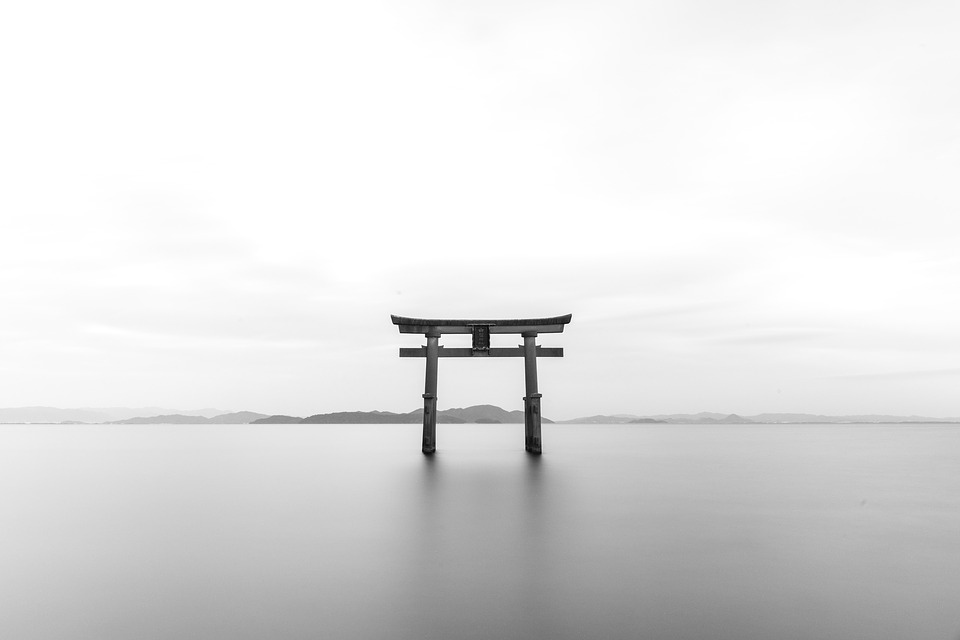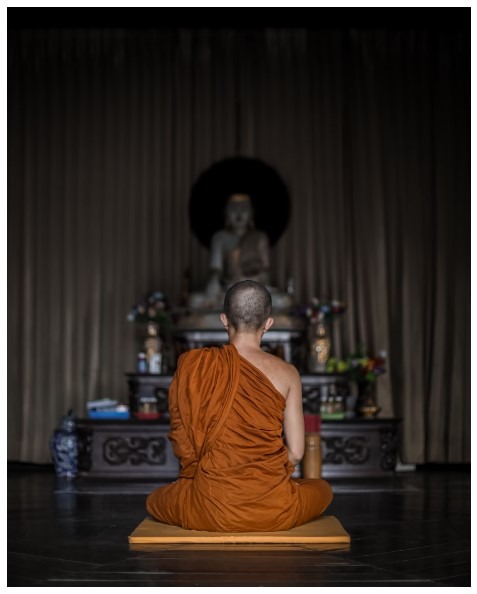Japan is often associated with technology and a fast paced life. But there’s another thing that Japan is famous for, it’s the aesthetics. And when we speak of Japanese aesthetics, we cannot miss the style of minimalism. Minimalism is linked to the Japanese Zen style. This kind of style focuses on the fact that there should not be any unnecessary bells and whistles.
Zen style believes that design should be utility based but yet retaining the beauty. Even Japanese text has a certain beauty to it. Like for example – チェリーカジノ ボーナスコード – which incidentally is a coupon code for a rather popular online casino. The Zen style of minimalism believes in subtraction and the fact that less is actually more. But where did this aesthetic come from really?
Wabi-sabi
Wabi-sabi is a kind of traditional aesthetic that centres on the belief of imperfection and transience. This means that practitioners believe in roughness and simplicity and the fact that things don’t need to be absolutely perfect and that there is beauty in austerity.
The word wabi originally meant living isolated and far away from society in nature and sabi means lean or chill. The meanings of these words, however, started to change with time and wabi now means simplicity or elegance and refers to both man-made and natural things. Sabi means beauty or a kind of ageless serenity. This kind of aesthetic was developed after many centuries of Buddhist influences, much of it originating from China, although wabi-sabi is now very distinctly a Japanese thing. In modern times, wabi-sabi could also mean wisdom in simplicity.
Zen Buddhism
Zen Buddhism originated in China and was a mix of Indian Mahayana and Taoist principles. This form of Buddhism quickly spread across Asia and especially found a lot of takers in Japan.
This philosophy urges its followers to not be attached to material possessions and focus on happiness and mindfulness. It believes that clutter in the space around you means clutter in your head and that could stop your soul from attaining true happiness. This is the origin of the idea of minimalism. This is also the reason why many Buddhist monks live a frugal life without any possessions because they believe that nothing lasts forever and possessions and attachments will ultimately lead to suffering.
Danshari
Danshari is a concept related to decluttering one’s space. It literally means refuse, dispose, separate. Keeping this concept in mind, practitioners can keep their homes and their lives sparse. Only the most essential things should be kept and the rest should be given away. All possessions that remain have an important and vital role to play in one’s life and should be treated as such.
People like Marie Kondo are famous practitioners or danshari as evident from this article. In some places, even broken porcelain dishes are not thrown away as it serves to remind everyone of how much it served which makes it grow in value.
The Japanese science of minimalism is reflected in everything from fashion to interior designing to even graphic design. This is very similar to the Scandinavian style of minimalism although there is some Eastern philosophy to justify it.


